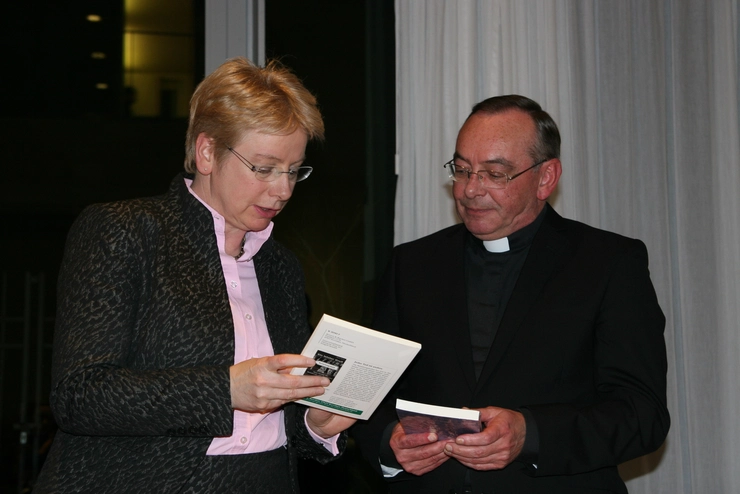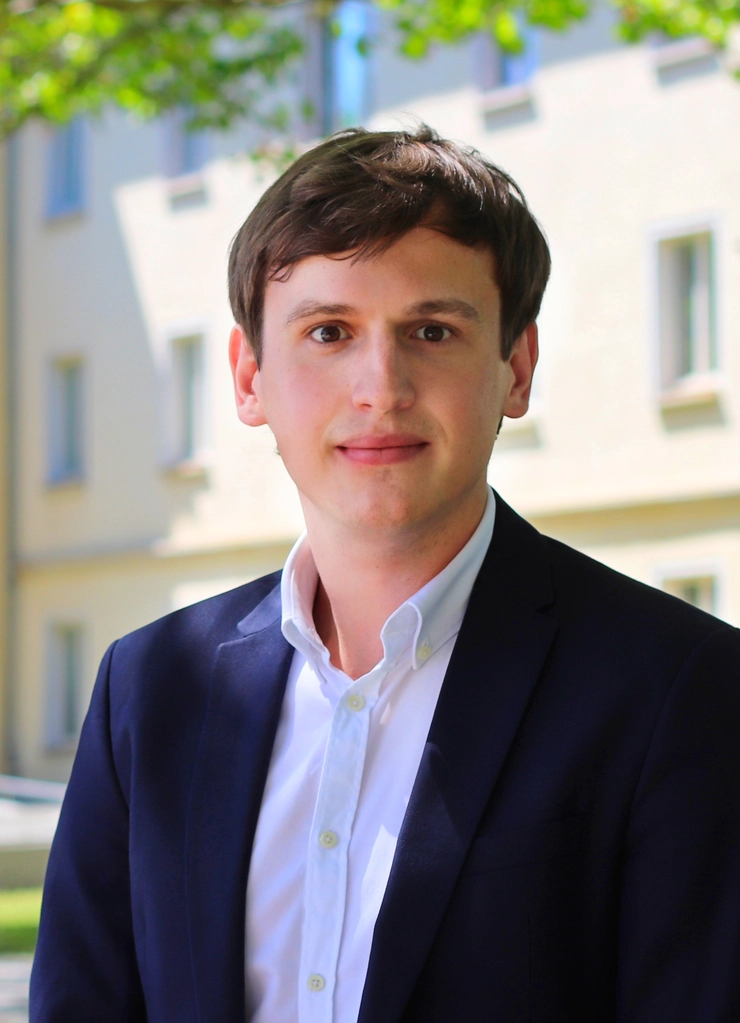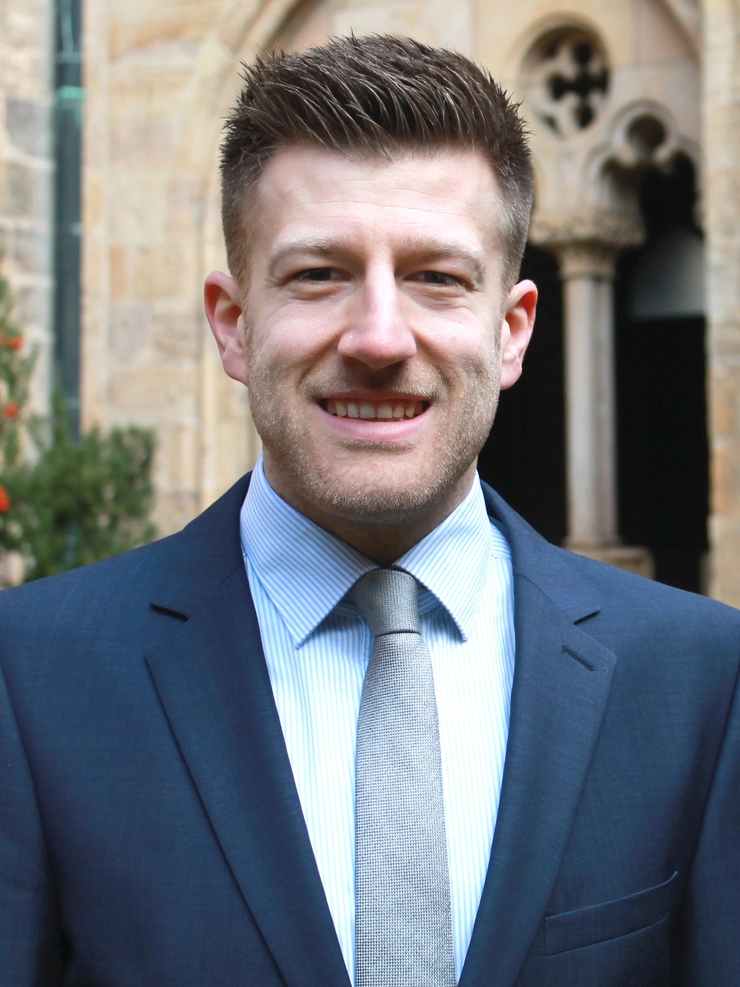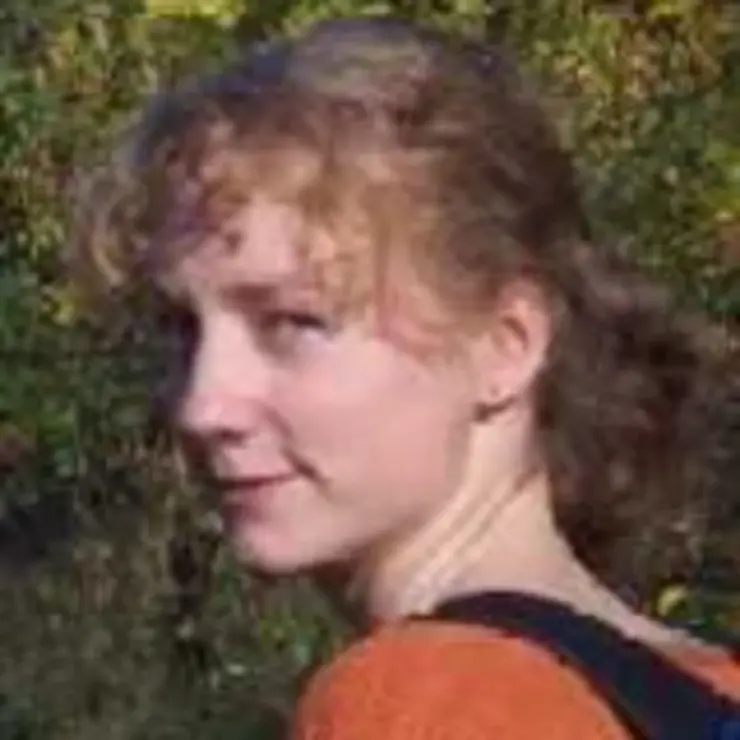
The research topics:
Prof. Myriam Wijlens is released from teaching from 01.10.2020-30.09.2022 for a research project, entitled:
Transparency - Accountability - Responsibility: Reforms of Church Structures and Practices.
More information about the research project can be found here.
Prof. Wijlens co-moderates the international research group "Peter and Paul Seminar"which currently focuses on the topic "Accountability in a Synodal Church".
Conference of the Religious Congregations of the Netherlands, Commission for Canon Law
since 1993 Consultant
Canon Law Society of America, Commission "Laity and Jurisdiction"
since 1994 Member of the Commission
Netherlands Catholic Bishop's Conference, work-group "sexual abuse in pastoral relationships"
1995-2001 Member of the work-group
Netherlands Catholic Bishop's Conference, work-group "Ecumenical questions"
since 1995 Member of the work-group
Netherlands Catholic Bishop's Conference, work-group "Churches and mixed marriages"
since 1999 Member of the work-group
Catholic society for ecumenics "Athanasius and Willibrord", The Netherlands
2002-2006 Member of the Board of Directors
Farfa Permanent Working Group on the Petrine Ministry
2005-2010 Member of the work-group (a mixed Lutheran / Catholic group)
Johann-Adam-Möhler-Institut für Ökumenik, Paderborn, Germany
since 2007 Member of the Advisory Board
Periodical "L'Annee canonique", Paris
since 2007 Member of the Editorial Board
World Council of Churches, Commission on Faith and Order
since 2008 Member of the Standing Commitee (as representative of the Catholic Church)
Ökumenekommission des Bistums Erfurt
2008-2014 Member of the Commission
International Journal for the Study of the Christian Church, England
since 2009 Member of the Editorial Board
ET-Studies: Journal of the European Society for Catholic Theology
since 2009 Member of the International Editorial Board
World Council of Churches, Research Group on Church Unity
since 2010 Member of the planing commitee Catholic News Agency
Pontifical Commission for the Protection of Minors
Member initially from 2018-2021

Dr. Mykola Marksteiner-Mishchenko
Habilitation Project: Reform of the Roman Curia after the Second Vatican Council
Brief description
The reform process of the Roman Curia, which began after the Second Vatican Council, continues to this day. From then on the popes "reformed" the Roman Curia in one way or another. This raises the question why, since the Second Vatican Council, we have witnessed the third reform of the Roman Curia. Is this an indication that earlier reforms were unsuccessful or that the world is changing so fast that a revision must be constantly maintained? The question of what is reform and what exactly needs to be reformed in what way is certainly a question.
This habilitation project aims not only to focus on the main points of the development of the legislation of the Roman Curia, but also to explore the objectives and the reasons for such changes. To this end, it is important not only to analyse the changes in the legislative norms relating to the Roman Curia, but also to understand the theological foundations of these norms in the light of the Second Vatican Council. The Second Vatican Council proclaimed the renewal of the Church to be in harmony with the "needs of the times" (CD 9). This renewal should cover various areas of church life at all levels: from the pastoral life of the individual parish to the governance of the whole Church. It should be noted that, despite the importance of the Roman Curia, apart from partial discussions, this theme did not result in a complete document of the Council Fathers. This calls for a deeper analysis from a theological-canonical perspective of the question of the nature of the Roman Curia.
The problem of the reform of the Roman Curia is at the same time a question of the reform of the Pope's exercise of supreme, full and immediate power over the universal Church (CD 9). This prompts us to analyze the reform of the Roman Curia not only from the structural aspect of the distribution of functions within the Roman Curia, but more broadly from the perspective of the extent to which papal authority is or could be related to bishops, dioceses, Episcopal Conferences, Synod of Bishops, etc. In this regard, the so-called decentralization and the principle of subsidiarity are of particular concern.

Dr. Michael Karger
Pastoral care for people on the move: A canonical consideration of pastoral care structures for seafarers
Brief description
The research project concerns a canonical investigation of pastoral care structures for people on the move, especially seafarers. Due to their activity, during which they spend nine or more months of the year at sea by ship and only spend short periods in port, these people have no opportunity to benefit sufficiently from the proper pastoral care within the parish structure. It is therefore necessary to question how the Catholic Church responds to the right of pastoral care of these people, which can be derived from Jesus' missionary mandate "Go to all people" (Mt 28,19) and especially from Baptism. The norms with which the Catholic Church has provided pastoral care for seafarers since the founding of the "Apostolatus Maris" (Glasgow, 1922) are examined, and whether the structure, last revised in 1997, still allows pastoral care oriented to the needs of seafarers 13 years later. The aim of the research project is to contribute from the perspective of canon law to ensuring that pastoral care for seafarers is still organised today in consideration of their concerns and that approaches are created to provide pastoral care as close to reality as possible.

Dr. Eva Vybiralova
Underground church and secret consecrations. A canonical investigation of the situation in Czechoslovakia 1948-1989
Brief description
The research project of Eva Vybiralova concerns the secret consecrations carried out in the communist period in Czechoslovakia, especially of married men. What was special about these consecrations was, on the one hand, that they were carried out in secret and, on the other hand, that the men were married, which was an obstacle to consecration. What was the legal situation and how was it dealt with in practice at the time of the ordination? After the fall of the Berlin Wall it had to be clarified what position these consecrated men now held in the Church. The exciting and at the same time complicated aspect of these questions is that the events took place against the background of different legal norms, since the 1917 Code of Law was replaced by a new one in 1983. The aim of the work is to trace which legal provisions existed, what legal possibilities and leeway resulted from them, and how the path chosen in practice is to be assessed against this background. The project belongs to the research topic of the Catholic Theological Faculty "Minority - Migration - Mission" and is carried out within the framework of the Interdisciplinary Forum Religion (IFR).